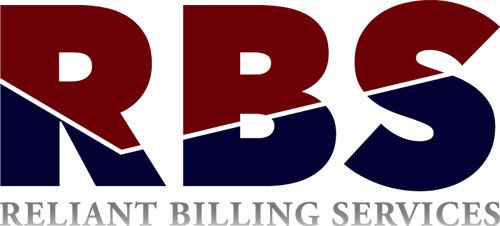Billing is one of the most challenging parts of running a home healthcare practice. Because of the differences in coding and servicing patients, new practices often make costly and time-consuming errors. From failing to credential prior to jumping into a relationship with an insurer, to missing vital patient information, there are a whole range of potential errors that you may eliminate. Here are 6 ways to optimize home healthcare billing to reduce your bottom line.
1. Maintain Current Patient Information
In the same way that hospitals and private practices are vigilant about patient information prior to each visit, home healthcare practices need to maintain current patient information in order to cut down on denials or payment delays. This can be done by discussing changes to insurance and personal details prior to each visit. And those changes should immediately be input into the billing system to achieve the best results.
2. Invest in a Quality Home Healthcare Billing Software
One of the best ways to optimize the efficiency of home healthcare billing is by investing in the right software. While it’s possible to find billing software that functions on a budget, the higher-quality software programs take a lot of stress out of the billing process by integrating well with other software platforms and offering support through difficult claims. For this reason, your choice of billing software should not hinge solely on cost. Instead, it should take into account the capabilities and support in order to offer the best outcomes.
3. Automate Standard Billing Procedures
Automation is a severely overlooked strategy in the world of billing. Failing to implement standard automation procedures can cost a home healthcare practice thousands of dollars every year. But with the right software, and automated programs, it is much easier for billing departments to eliminate human error. Automation allows the business to take human error out of the margins, creating more consistent practices across the board.
4. Establish and Maintain a Collections Policy
Collection policies offer home healthcare billing departments a network of guidance. Establishing that policy gives the practice the ability to streamline standard billing practices, creating consistent and expected outcomes for patients. Offering that collections policy to patients at the time of their visit can also provide clear expectations about payments in order to prevent delays. Typically, it is much more difficult to collect payment long after a patient visit than it is at the time of the visit. And, for this reason, offering clear instructions and collecting a copay at the time of the visit are two good ways to reduce payment delays.
5. Track the Billing Process to Identify Repeat Issues
It is not uncommon for home healthcare billing departments to make the same mistake several times in a row. This can result in tremendous losses over time, which is why it’s important to track the billing process. Tracking the billing process gives you better insight into trends and potential issues, which allows you to prevent them from taking place in the future. This is one good way to ensure that you’re maximizing your profits and getting the most out of your business.
Optimizing the home healthcare billing process takes time and a lot of education, which can make it challenging. But looking for ways to cut down on inefficiencies is a good way to combat future billing losses. Whether you are new to home health care or you are simply interested in optimizing your practice’s efficiency, these strategies may help you improve your process from start to finish.
Are you interested in learning more about home healthcare billing? Do you have concerns about a particular billing issue that you’re encountering? If so, contact us today. Reliant Billing Services is your one stop shop for every medical billing issue. We’re here to support you in your endeavors to improve your billing practices to optimize profit.


